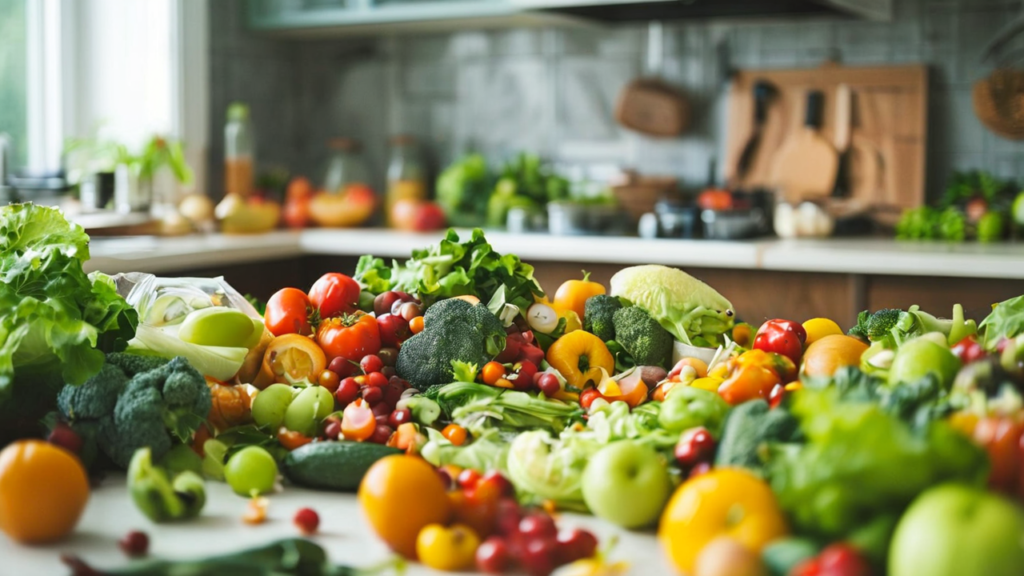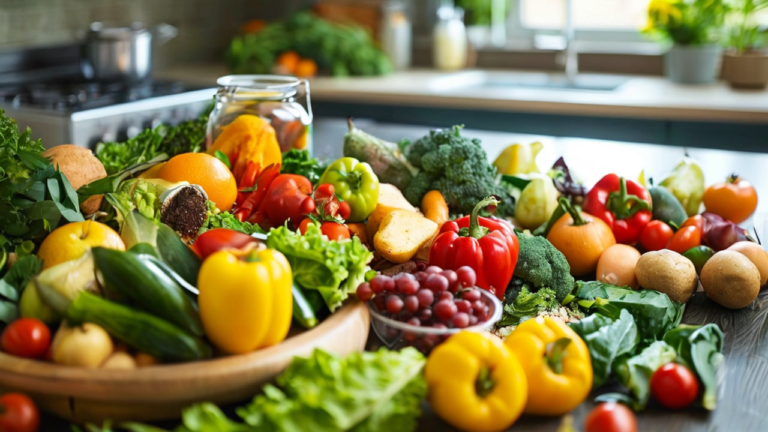Did you know that Americans waste around 150,000 tons of food every year? It’s a staggering statistic! The good news is that by making a few changes, you can significantly reduce food waste in your kitchen. Here are some practical tips to help you get started.
Understand the Impact of Food Waste
When you throw away those last bits of salad or that overripe banana, it might not seem like a big deal. However, the total impact of food waste is massive, averaging out to one pound per person per day. But food waste doesn’t only happen in our kitchens—grocery stores also contribute. Food spoils on shelves, produce gets damaged, and items are discarded due to mishandling.
I once saw an apple display where every apple had a single bite taken out of it. Sadly, that entire display was likely thrown away. Many believe grocery stores donate most of their unsellable food, but the truth is, in many states, there are no strict regulations on how food can be safely donated, causing many stores to hesitate due to liability concerns.
Plan Your Meals to Reduce Food Waste

Meal planning is one of the most effective ways to cut down on food waste. By planning your meals in advance, you’re more likely to only buy what you’ll use. How many times have you bought avocados because they were on sale, only to find them shriveled on your counter a week later?
If you plan to make a taco salad, for example, you’ll have a specific time to use those avocados, reducing the likelihood of them going to waste.
Prep Meals Ahead of Time
After a long day, the last thing you want to do is spend time chopping vegetables. To make life easier, do your meal prep over the weekend. For fruits and veggies that can maintain freshness, chop them up and store them in airtight containers. Using vacuum-sealed containers can help reduce spoilage and make meal prep more convenient during the week.
Start a Compost Pile
Composting is an excellent way to turn your kitchen scraps into something valuable. Fruits, vegetables, eggshells, and coffee grounds can all be composted, enriching your garden or a friend’s. Consider getting a small compost bin and use it to reduce your carbon footprint while making good use of food scraps.
Talk to Your Family About Reducing Food Waste
Sometimes, reducing food waste starts with an honest conversation. My kids used to ask for oranges, but I often found myself throwing them away because they only wanted them in that moment at the grocery store. By communicating and planning better, we’ve reduced the amount of food we waste.
Now, I buy frozen fruits and vegetables, which last longer, and fresh produce in smaller quantities. We waste less food, and I can still make quick breads or cobblers when we’re in the mood. I also keep a bottle of lemon juice in the fridge instead of buying fresh lemons, so there’s no more moldy fruit in the crisper drawer.
Commit to Reducing Food Waste
Reducing food waste requires commitment and a little planning. By making these changes, you can make a big difference in your kitchen and contribute to a healthier planet.

